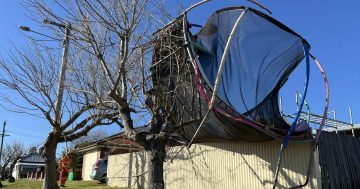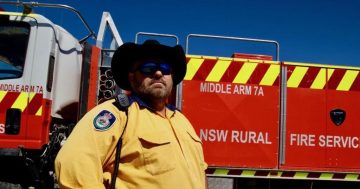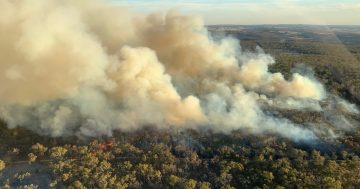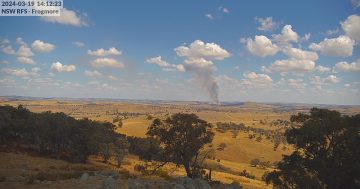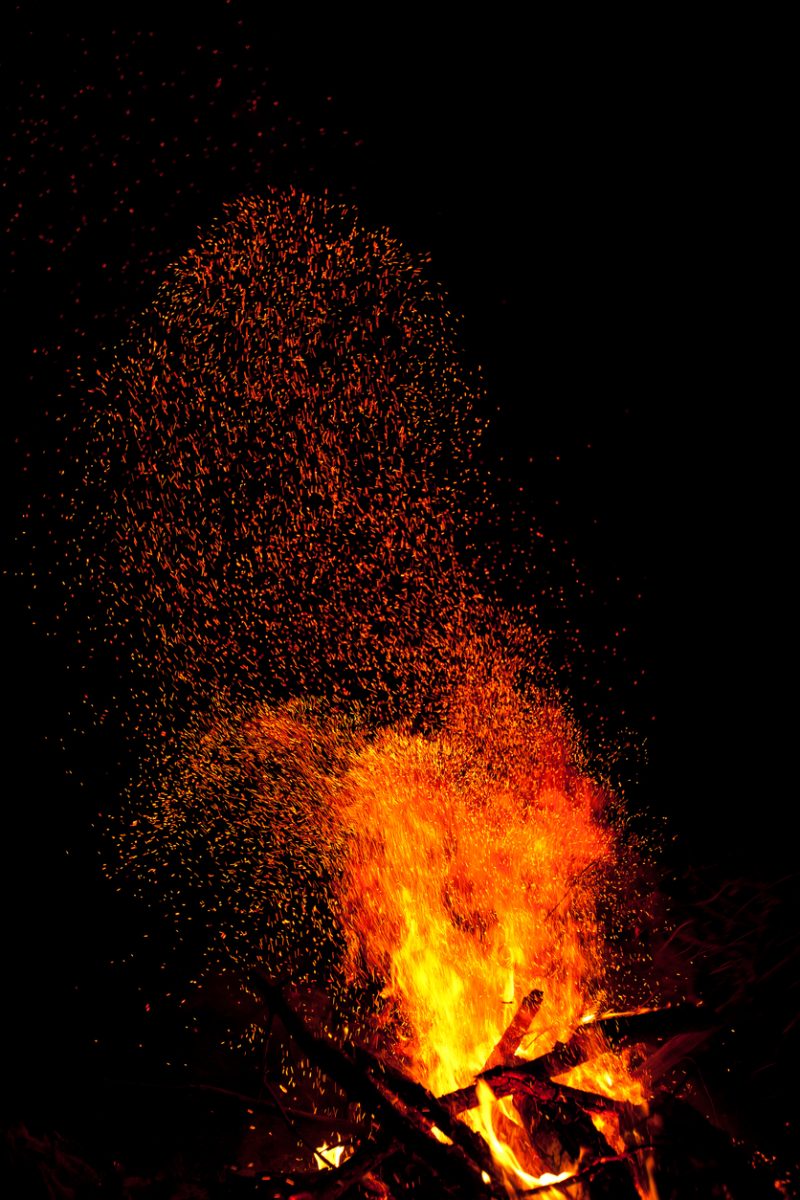
Everyone likes a good bonfire, but pile burning has become an issue.
Everyone likes a good bonfire. Most of us have grown up with the idea that a big bunch of burnables in a gigantic pile is great family entertainment. It was once, but now with the drying out of our forest lands and hotter weather extremes, pile burning has become an issue.
When you pile burn, two things happen – carbon is released into the atmosphere and depending on the height of your pile, temperatures can reach well over 600 Celsius or 1,000 Fahrenheit degrees which will damage the soil beneath the pile.
Most people do not water their pile down after a burn, thinking that it is out and leaving it overnight, only to find in the morning when the wind picks up, that embers are still alive and can be blown into nearby grass or forest.
If you don’t have enough water to put out a fire, use dirt or sand to smother it, testing to see the surface is no longer hot before you leave it.
Living where we live, you still need to do something around your property to mitigate fire hazards, so here are a few alternatives you can employ at your place to help with the never-ending mound of plant growth.
First of all, you might need to change your mindset. See that ‘hazardous waste’ as an organic resource.
You can turn it all back into organic matter to help build up your soils. All organic matter can be broken down; in fact, most of our native species have a fungi friend that grows nearby to help both feed it and break down the leaf and stick litter it produces.
Fungi are our planet’s great digester.
Instead of burning it, why not rake leaf litter and small branches into berms on a contour? If your block has a slope, no matter how slight, water is moving down off the block. Berms will slow down that water and help it to soak back down into the ground. You could also use greywater as a water source to help it break down.
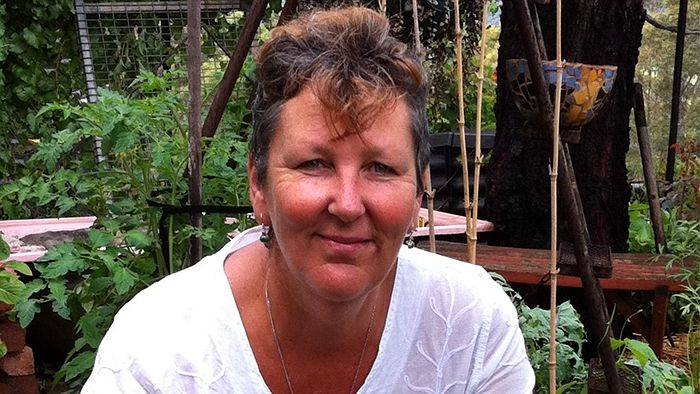
Kathleen McCann.
Laying your plant resource down on a southern or south-west facing part of your block will also help it to quickly break down because this is usually the shadiest, wet place on a hill or slope.
The berms don’t need to be high or wide, rake to your comfort.
If the waste wood can’t be cut up for your (or a friend’s) fireplace then, larger logs can also be laid on a contour.
Softwood trees such as wattle will break down very quickly. This also becomes habitat for many small species of insect, plant, reptile and a great food resource for our native birds.
Think about getting all your neighbours together to buy a community mulcher. Everyone puts in to help buy it, a regular stipend for maintaining and housing it and working bees to help each other mulch all that lovely plant material to use back on your block.
Use your mower or ride on to break up leaf litter and small sticks, this can easily be recycled through a composting system.
Look into making biochar, it’s an interesting trend in soil improvement at the moment, with plenty of sites online to help you with research.
Get creative! Lots of softwood plants such as wild cherry, wattle or pittosporum are great for whittling. Lots of traditional workshops are popping up these days to help you make lovely things out of ‘waste wood’.
If you still think you have to burn stuff, please check the Rural Fire Service NSW website for their ‘Standards for pile burning’ advice.
But just think, why send all that good energy up in smoke?
Kathleen McCann is a permaculturalist, artist, good chick, number 1 worker at Luscious Landscapes and an active member of her local Rural Fire Service Brigade.






